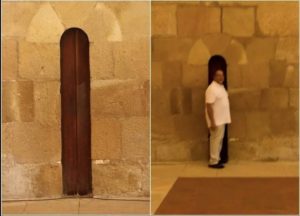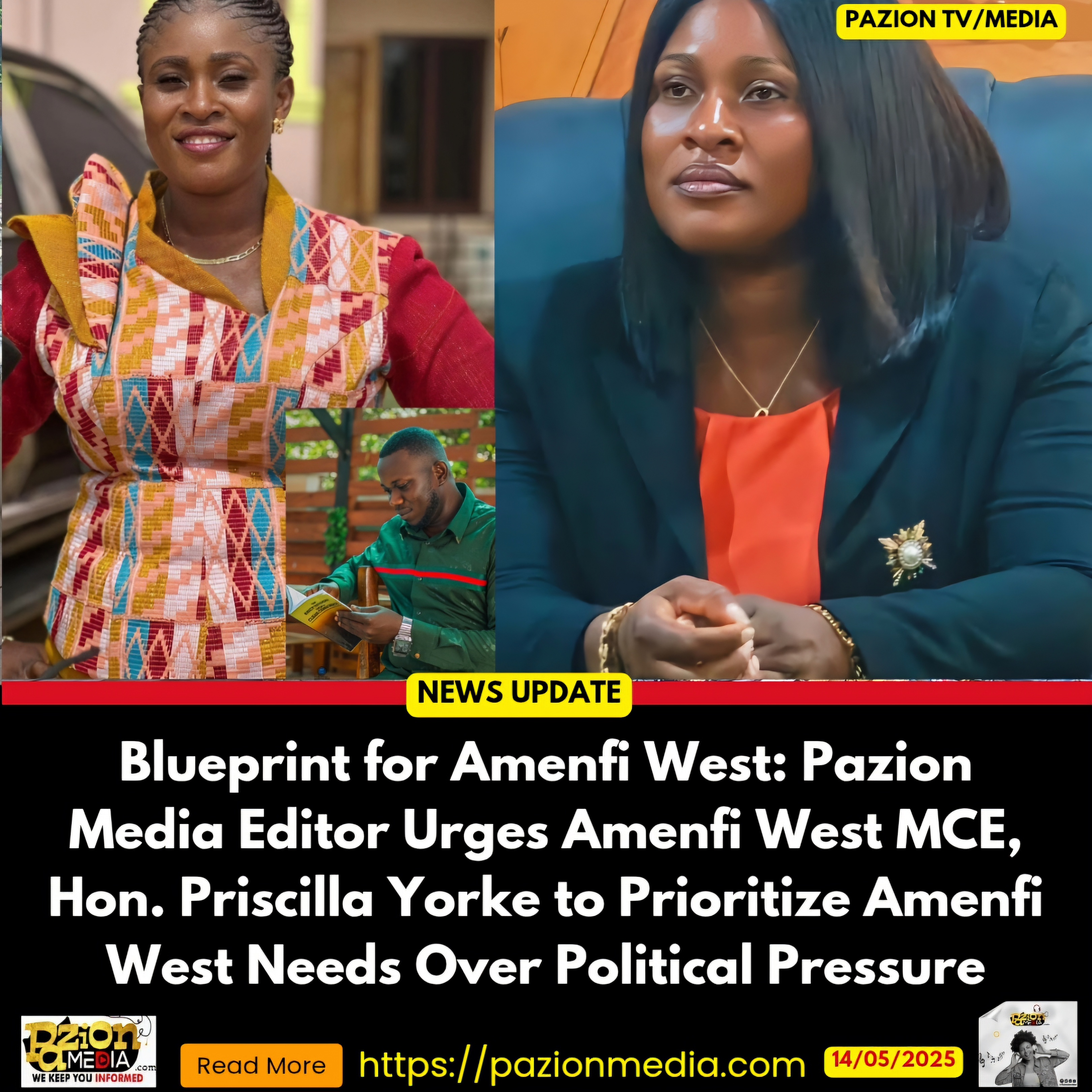The Alcobaça Monastery, a stunning architectural marvel located in Portugal, features a distinctive and intriguing design element—its narrow doorway leading to the dining area. This unusual architectural feature serves a symbolic and practical purpose deeply rooted in the monastery’s rich history and traditions.
Architectural Symbolism and Purpose:The narrow door leading to the dining area at the Alcobaça Monastery was intentionally designed to create a physical constraint that would impact the monks within the monastery. By restricting the entrance to a narrow passage, the architectural choice aimed to emphasize the importance of discipline, self-control, and observance of monastic rules, particularly fasting practices.
Monastic Fasting Traditions:Fasting has long been a fundamental spiritual practice in monastic life, serving as a means of self-discipline, purification, and dedication to religious contemplation. The decision to construct a narrow doorway to the dining area had a practical implication related to fasting—forcing monks who may have gained weight to navigate through a tight space. This physical challenge served as a reminder for monks to adhere to fasting regulations and maintain spiritual discipline.
Historical Context and Monastic Life:
The Alcobaça Monastery, founded in the 12th century, holds a significant place in Portugal’s religious heritage as a Cistercian monastery known for its austere principles and contemplative lifestyle. Monastic communities, including those at Alcobaça, followed strict rules governing daily routines, spiritual practices, and dietary habits—all aimed at fostering humility, obedience, and devotion to God.
Architectural Influence on Monastic Behavior:
The narrow doorway symbolizes the monastery’s commitment to asceticism, spiritual discipline, and adherence to monastic values. By creating a physical barrier that monks had to navigate, the design choice encouraged introspection, mindfulness, and obedience to the monastery’s traditions. It underscored the importance of self-awareness, restraint, and adherence to the principles of the monastic life.
Legacy and Interpretation:
The unique doorway design at the Alcobaça Monastery stands as a testament to the monastery’s emphasis on spiritual discipline, self-denial, and adherence to monastic practices. It represents a tangible expression of the monastery’s commitment to nurturing a contemplative environment where monks could cultivate virtues of temperance, humility, and devotion through physical and spiritual challenges.
In conclusion, the narrow doorway leading to the dining area of the Alcobaça Monastery in Portugal serves as a poignant reminder of the monastery’s rich monastic traditions, the significance of fasting in spiritual life, and the enduring legacy of discipline and devotion upheld by the monastic community. This architectural feature not only reflects historical practices but also offers a glimpse into the profound spiritual journey undertaken by monks within the cloistered walls of the monastery.

 Pazionmedia.com Pazion Media l Latest News l Politics l Sports l Entertainment
Pazionmedia.com Pazion Media l Latest News l Politics l Sports l Entertainment



